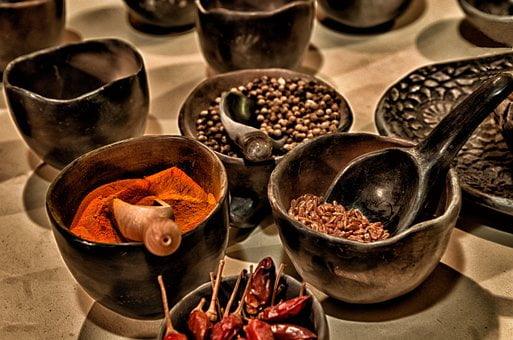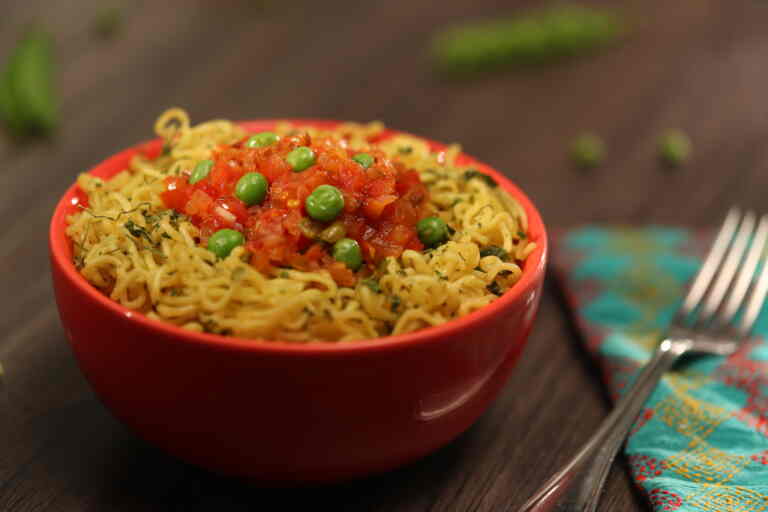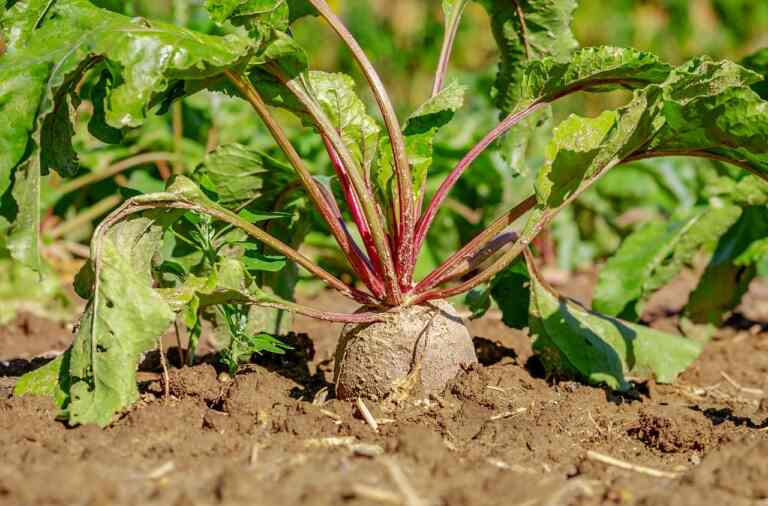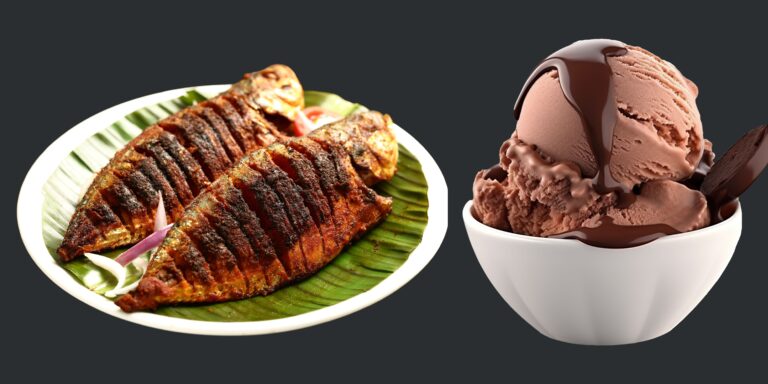Can We Eat Spicy Foods During Pregnancy?
Can we eat spicy foods during pregnancy? Spicy food is a popular cuisine enjoyed by many people worldwide, but for pregnant women, it can be a concern. Generally, eating spicy food during pregnancy is considered safe, and some spices like ginger, cumin, and turmeric are believed to have health benefits. However, it’s important to be mindful of heartburn and indigestion that spicy food can cause due to pregnancy hormones relaxing muscles in the digestive system.
Pregnant women should also avoid extremely spicy foods like hot peppers and chili powder, as they can cause stomach upset, cramping, and diarrhea. It’s recommended to consult with a healthcare provider if you have concerns about consuming spicy foods during pregnancy and to consider your personal tolerance for spicy food.
Is It Safe to Eat Spicy Foods During Pregnancy?
Pregnancy is a time when women must be cautious about their diet and lifestyle. Spicy foods are often avoided during pregnancy due to concerns about heartburn, indigestion, and the potential impact on the developing baby. However, many women continue to consume spicy foods during pregnancy without any adverse effects.
In general, eating spicy food during pregnancy is considered safe, and some spices are believed to have health benefits. For instance, ginger can help relieve morning sickness, and turmeric is a natural anti-inflammatory agent. However, it’s essential to consume spicy foods in moderation and be mindful of any adverse reactions.
One concern about consuming spicy foods during pregnancy is the potential for heartburn and indigestion. Pregnancy hormones relax the muscles in the digestive system, which can cause acid reflux and heartburn. Spicy foods, particularly those that contain capsaicin, can exacerbate these symptoms. Pregnant women should avoid extremely spicy foods like hot peppers and chili powder, as they can cause stomach upset, cramping, and diarrhea.
Additionally, some studies have suggested that consuming spicy foods during pregnancy could increase the risk of premature labor or fetal distress. However, more research is needed to confirm this link.
What You Need to Know About Eating Spicy Foods During Pregnancy
Pregnancy is a time when women need to take extra care of their health, and one of the factors to consider is their diet. Spicy foods are often a source of concern during pregnancy due to their potential impact on the developing baby. Here’s what you need to know about eating spicy foods during pregnancy.
Firstly, eating spicy food during pregnancy is generally safe, but it’s essential to consume them in moderation. Spices like ginger and turmeric can provide health benefits, but some spices can cause stomach upset, heartburn, and indigestion.
Secondly, pregnant women should avoid extremely spicy foods like hot peppers and chili powder as they can trigger stomach issues like cramping, diarrhea, and nausea. These symptoms can worsen the hormonal changes during pregnancy and could cause additional complications.
The Pros and Cons of Eating Spicy Foods During Pregnancy
Spicy foods are known for their bold flavors and potential health benefits. However, when it comes to consuming spicy foods during pregnancy, there are both pros and cons to consider. Let’s take a closer look at the advantages and disadvantages of eating spicy foods during pregnancy.
Pros:
- Relief from morning sickness: Spicy foods can help relieve nausea and morning sickness, a common problem during pregnancy. Capsaicin, the compound responsible for the spiciness, can trigger the release of endorphins that reduce nausea.
- Improved digestion: Spicy foods can stimulate the digestive system and help relieve constipation, a common problem during pregnancy. Spices like ginger and cumin can also help relieve heartburn and indigestion.
- Boosts immunity: Spicy foods contain antioxidants and anti-inflammatory compounds that can help boost the immune system and protect against illnesses.
Cons:
- Heartburn and acid reflux: Spicy foods can trigger heartburn and acid reflux, especially during pregnancy. These symptoms can be uncomfortable and could worsen over time.
- Upset stomach: Consuming spicy foods in excess can cause an upset stomach, leading to diarrhea and cramping. This can be harmful to the baby, especially during the first trimester.
- Risk of premature labor: Eating spicy foods during pregnancy may increase the risk of premature labor or fetal distress. The spiciness can cause contractions and irritate the uterus, leading to complications during pregnancy.

Is It a Hot Idea or Not? Eating Spicy Foods During Pregnancy Explained
During pregnancy, many women may crave spicy foods due to their bold flavors and potential health benefits. However, consuming spicy foods during pregnancy can be a hot topic, with conflicting opinions on whether it’s safe or not. Let’s take a closer look at the topic and determine if eating spicy foods during pregnancy is a hot idea or not.
The Good:
Spicy foods can provide several potential health benefits for expecting mothers. The capsaicin compound found in spicy foods can trigger the release of endorphins, which can help alleviate morning sickness and nausea. Additionally, spicy foods can help stimulate the digestive system, relieve constipation, and help with heartburn and indigestion.
The Bad:
On the other hand, consuming too much spicy food during pregnancy can have adverse effects. Spicy foods can cause heartburn, acid reflux, and an upset stomach, which can be harmful to the baby, especially during the first trimester. Furthermore, consuming excessively spicy foods may cause premature labor or fetal distress, leading to complications during pregnancy.
The Middle Ground:
While spicy foods can provide some health benefits, it’s essential to consume them in moderation during pregnancy. If you experience heartburn, acid reflux, or an upset stomach after consuming spicy foods, it’s best to avoid them altogether. Additionally, it’s crucial to consult with your healthcare provider if you have any concerns about consuming spicy foods during pregnancy.
Alternatives Fruits And Vegetables During Pregnancy
During pregnancy, it is important to eat a balanced and varied diet to ensure the health and wellbeing of both the mother and the developing fetus. Fruits are an important source of vitamins, minerals, and fiber, but some may not be safe for pregnant women to consume.
It is recommended to avoid unpasteurized juices and fruits that are high in mercury such as shark, swordfish, and king mackerel. However, there are still plenty of delicious and nutritious fruits that pregnant women can enjoy, such as apples, bananas, berries, oranges, and mangoes. These fruits provide a range of vitamins and minerals essential for a healthy pregnancy, such as vitamin C, folate, and potassium.
Conclusion
In conclusion, eating spicy foods during pregnancy can be safe for most women. However, it is important to be mindful of any potential digestive issues or discomfort that may arise from consuming spicy foods.
Additionally, if a woman has a pre-existing medical condition or is experiencing complications during pregnancy, it is best to consult with a healthcare provider before incorporating spicy foods into the diet. As with any dietary choice during pregnancy, it is important to prioritize a balanced and varied diet that meets the needs of both the mother and developing fetus.
Related Posts
This article is reviewed by Russel, before publishing. If you have any doubt, you can contact us or consult with your nearby doctor. Remember, in medical matters, there is no same advice, cure, and medicine for all.







